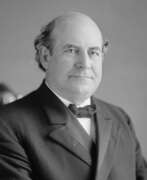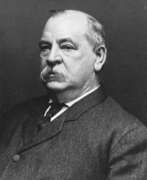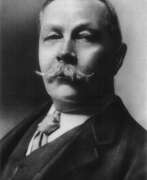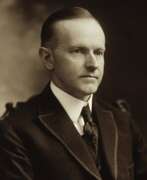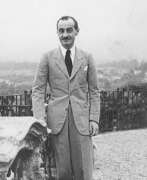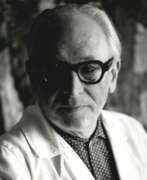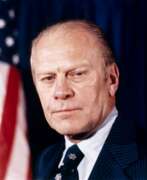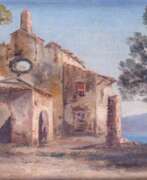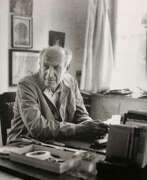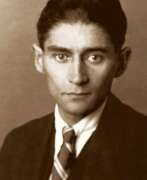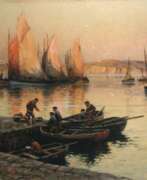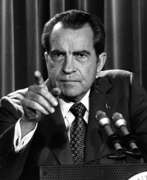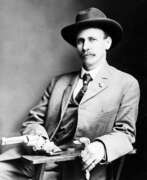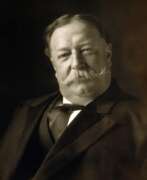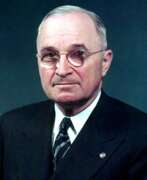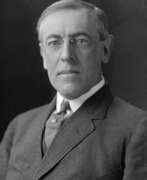Jurists 20th century
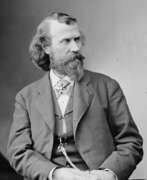

Cincinnatus Heine Miller, better known by his pen name Joaquin Miller, was an American writer and poet and journalist.
Miller spent his youth traveling across the country and in California among miners, gamblers, and Indians. During the Gold Rush, he had to endure many misadventures. He attended Columbia College (Eugene, Oregon) and was admitted to the Oregon State Bar in 1860.
From 1862-1866 he published the Eugene Democratic Register newspaper and was a county judge in Oregon. For the Register, he wrote an article in defense of Mexican bandit Joaquin Murietta, whose name he later took as a pseudonym. In the late 1860s his first collections of poems, Samples and Joaquin, were published.
In 1870 Miller traveled to England, where thanks to exotic manners and bright costume in the style of Westerns became popular among the literati and published several collections of poems. Among them was a book, Songs of the Sierra, which established his nickname "The Poet of the Sierra." He became a kind of celebrity among the Pre-Raphaelites, he was honored by the British press, he attended the Savage Club as a guest of Nathanial Hawthorne's son Julian, who called him a "licensed libertine."
Joaquin Miller's best works convey a sense of the grandeur of the Old West. His most famous poem is "Columbus."
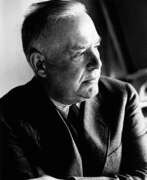

Wallace Stevens is a Pulitzer Prize-winning American poet.
Stevens attended Harvard, worked briefly for the New York Herald Tribune, and practiced law after attending New York Law School. His first poems were published in 1914 in Poetry magazine, after which he published frequently in literary journals. In 1916 he joined an insurance firm in Hartford, Connecticut, and in 1934 he became vice president and held that position until his death.
Wallace Stevens's first book, Harmonium (1923), proved too difficult for the general public, although already in it he showed his talent for exploring the imaginary in reality. Other collections were then published. Because of the extreme technical and thematic complexity of his work, Stevens is considered by many to be a difficult poet. But he was also recognized as an outstanding abstractionist and provocative thinker. In 1955, he won the Pulitzer Prize in Poetry for a collection of poems.


